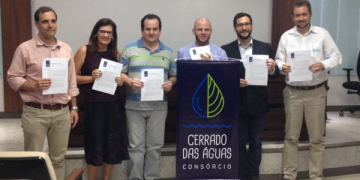Integration of climate change adaptation and EbA into the water policy framework
Capacity Development Programme (CDP) on Cooperation Management for climate-sensitive Integrated Water Resource Management (IWRM) and EbA
Engaging stakeholders for enhancing collaboration and creating ownership
Developing guidance products for policymakers and practitioners
